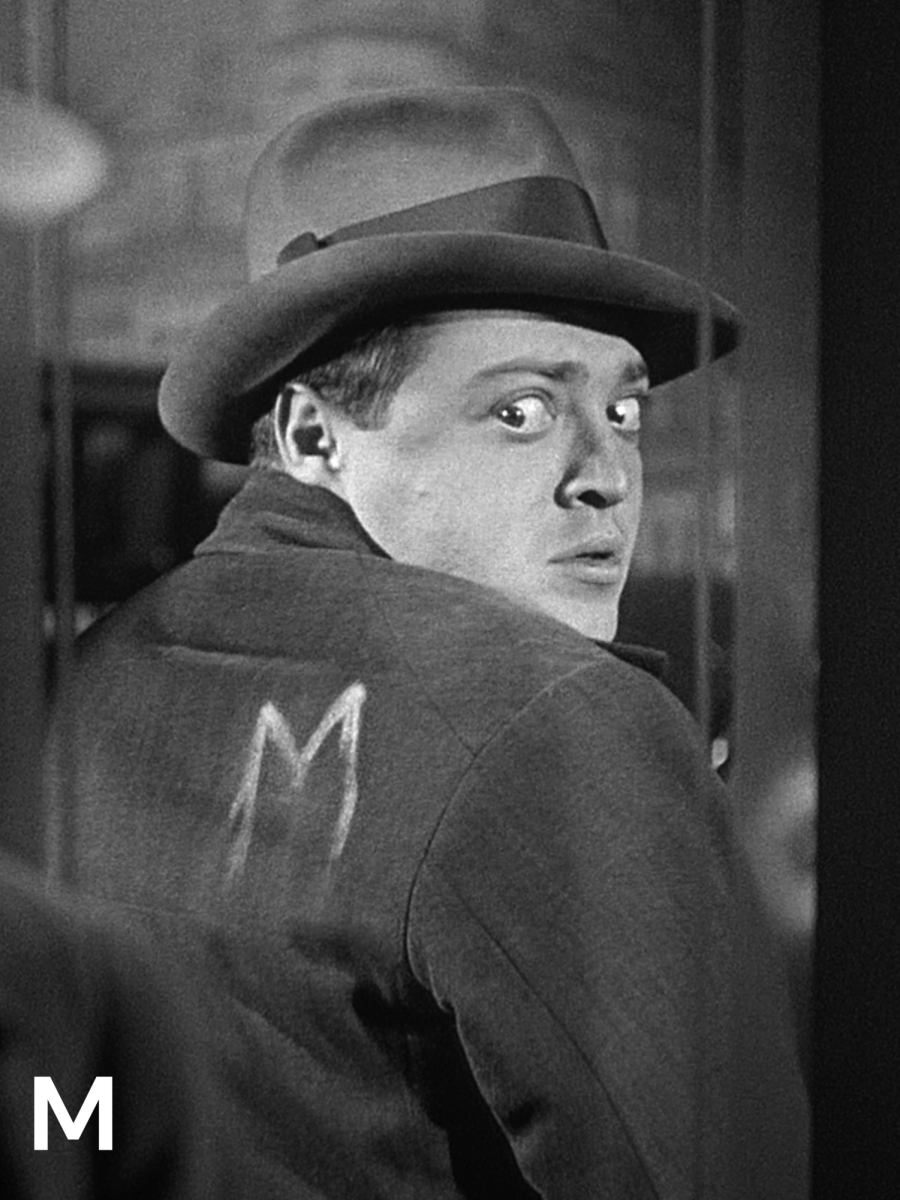If there’s one absurdly necessary thing in the films we watch today, it’s sound. Long gone are the days of silent films. Instead, we now have films that use sound in many ways, whether for mood, themes, or ambiance. Movies combine a series of small sounds to create a wonderful composition that gives color to a scene. Its importance goes as far as to warrant its own profession in filmmaking
With this in mind, it really does seem like we don’t give sound the credit it deserves. This is understandable with how ordinary sound is, we don’t think much of it. It’s for this that if you were watching a movie and noticed that the footsteps of the crowd or the talk of the crowd were gone, you’d feel that. It wouldn’t feel right, and we might mistake it for an error, especially in the films of today. It serves no purpose other than to take us out of the experience. But even the absence of a thing can prove beneficial or downright detrimental to the goal of any media. It is an excellent trope in horror, using silence to build up the tension, but that’s almost the only place you’ll see a noticeable lack of sound. The thing is, the absence of such a detrimental need in our world can enhance so much more than horror. Maybe it can stir mystery and suspense or depict the mood of an overall film.
Directed by Fritz Lang in 1930 Germany, “M” is peculiar for its distinctive traits and habits that keep you from forgetting even the whistle of man. One obvious thing you will notice is the almost constant absence of sound. Now it’s not surprising for films of this era to be quiet, often lacking a soundtrack or any music that’s a necessity of modern films. Unlike the films of the era, however, “M” is very sparring with its sound. While films of the era don’t mind letting the sound of footsteps, the engine of a car, or a crowd of talking people roam the film, “M” actively takes out the noise. Cars are silent, the streets feel empty, and the sound only piles when the situation becomes frantic.
It’s very peculiar, but oddly enough it doesn’t lose the importance sound can provide. For every few seconds sound is allowed to breathe, it allows you to take it in and savor it. Besides talking, letting a select few sounds out into the world emphasizes the weight behind it, the importance. You can understand the relative importance of a sound to a character in the film.
The funny thing is, if the film had every sound brought back in, the film probably wouldn’t have changed much. The story would be the same and the regularly occurring sound would add nothing. While sound doesn’t act as the connective tissue that binds this film together, it is, however, what helps give weight to the drama behind the entire movie. It is the absence of sound that gives weight to the absence of the familiar.






















